If you are looking to download a biodata format, we have a couple of biodata formats for you at the end of this article.
but wait!
Do you know what biodata is?
How to make a biodata?
And what is the difference between biodata and a resume?
No worries, we have got it all covered in this article. This article is the most comprehensive guide on biodata for jobs and marriage you’ll find on the internet. In this article, we’ll help you understand the A2Z of professional biodata writing and it’s usage.
- You’ll also learn the differences between a resume, cv, and a biodata
- How to write a biodata for job and marriage
- What to include in a professional biodata format and a marriage biodata format
- How to stand out of the crowd
But first, we’ll talk about a biodata format for a job!
So, Get ready to stand out from the crowd and land your first dream job!
Biodata, a short form for “Biographical Data” is an alternative to a resume or curriculum vitae, in a larger part of Asian countries like India, Nepal, Pakistan, and Bangladesh. Primarily focused on personal details of an individual, a biodata includes personal details like name, date of birth, address, contact details, education, gender, work experience and interests, and hobbies.
Whereas, A large part of job applicants use biodata to apply for jobs, school and college admissions, and other academic and non-academic purposes. People also use the biodata for sharing their personal details for marriage purposes. A biodata format for the job includes details that are useful for employers, on the other hand, a biodata format for marriage includes more personal details like caste, gotra, color, and ethnicity.

The important components of a biodata format
If you are searching for a job, the first thing you need is a biodata or a resume. A biodata ensures that the employer finds all the relevant information about your skills, qualifications, experience, and expertise.
Writing a great biodata starts with a great biodata format. A perfectly formatted biodata ensures that you get maximum attention and interview calls. A professional biodata format helps you stand out from the competition and gets you extra marks for the effort.
Research shows that a poorly formatted biodata is the biggest turnoff for the recruiters. There is a 99% chance that you would not get the interview call you are waiting for. A professionally formatted resume/biodata also tells a lot about your personality. Imagine turning for a job interview in a wrinkled or dirty shirt.
The interviewer won’t like it. And you’ll have zero chances of getting hired. A neatly formatted biodata shows how organized and professional you are.
You must consider the following points before you start writing your first biodata or resume.
- Biodata Format: a properly formatted biodata shows that you are a thorough professional and you have all the qualities that an employer is looking for. You must carefully choose a professional format that represents your personality and skills. We have seen a few job applicants using biodata formats with lots of graphics and colors in it. It might be a good choice for a job applicant from a graphic designing or creative background. But for other professional positions, such biodata formats are a big no-no. You must think twice before you choose a biodata format. It should match your industry, your experience, expertise, and the employer’s expectations.
- Biodata summary: A biodata summary is a brief introduction to your experience, expertise, and skills. Most of the job applicants use a career objective instead of a biodata summary. Generally, recruiters do not spend more than 30 seconds on a resume. The first thing they see on a biodata is the summary section. A cleverly written biodata summary can improve your chances of getting the interview calls by many folds.
- Work Experience: the most important segment of a biodata format is the work experience section. This section informs the employer of your previous work history and roles and responsibilities. Most of the job applicants do not elaborate on their roles and responsibilities and hence they lose an interview opportunity.
- Professional Skills: The skill section of your resume or biodata helps the hiring manager assess your professional skills and expertise. A wrong set of skills on your biodata can ruin your chances. Be careful while choosing the right skills for your biodata
- Interests and Hobbies: job applicants often don’t understand the importance of this section on biodata. Your personal interests and hobbies should not be part of this section. Your hobbies describe your personality and hence they play an important part in the hiring process.
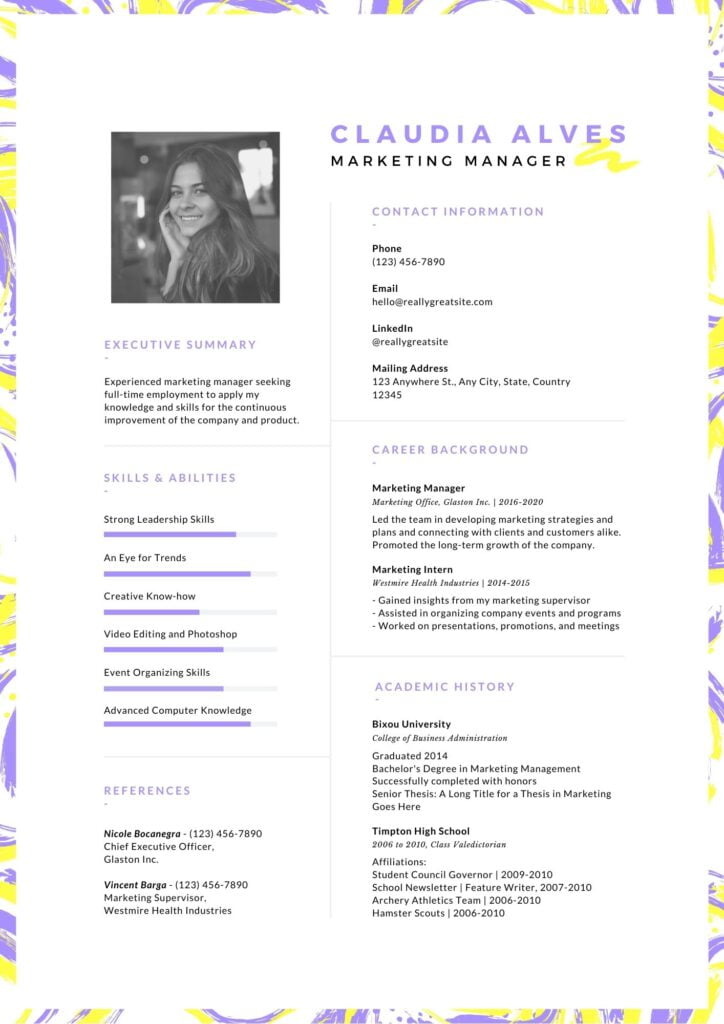
What is the difference between biodata, resume, and CV?
A resume, biodata, or curriculum vitae, the primary purpose of all of them is to provide information about the job applicants to potential employers. They all provide information like personal details, academic details, career history, and skills.
That means they are the same, right? Yeah, Sort of.
Here is the difference between biodata, resume and cv.
A biodata primarily focuses on your personal details like age, marital status, interests and hobbies, father’s name and ethnicity along with other common details like education, career history, and skills. Biodata is also an alternate term used for resumes in Hindi/Urdu speaking countries like India, Pakistan, Bangladesh, Nepal, etc.
Some biodata formats are also used for sharing personal details for marriage purposes.
A resume is a maximum 2 page professionally written document that focuses on career history, professional skills, and academic details of the job applicant.
In simple words, A curriculum vitae is a more detailed version of a resume. A cv includes a more detailed description of academic records and work experience. The length of a cv is not fixed and can accommodate all the details. Also, a cv is primarily used in countries like the US, and Canada. A cv is used for applying for jobs, scholarships, grants, etc.
Biodata formats are largely available in different designs, colors, and formats. You must choose the right biodata format as per your needs and modify it accordingly. A few companies also have their own bio data forms that you need to fill when you apply for a job.
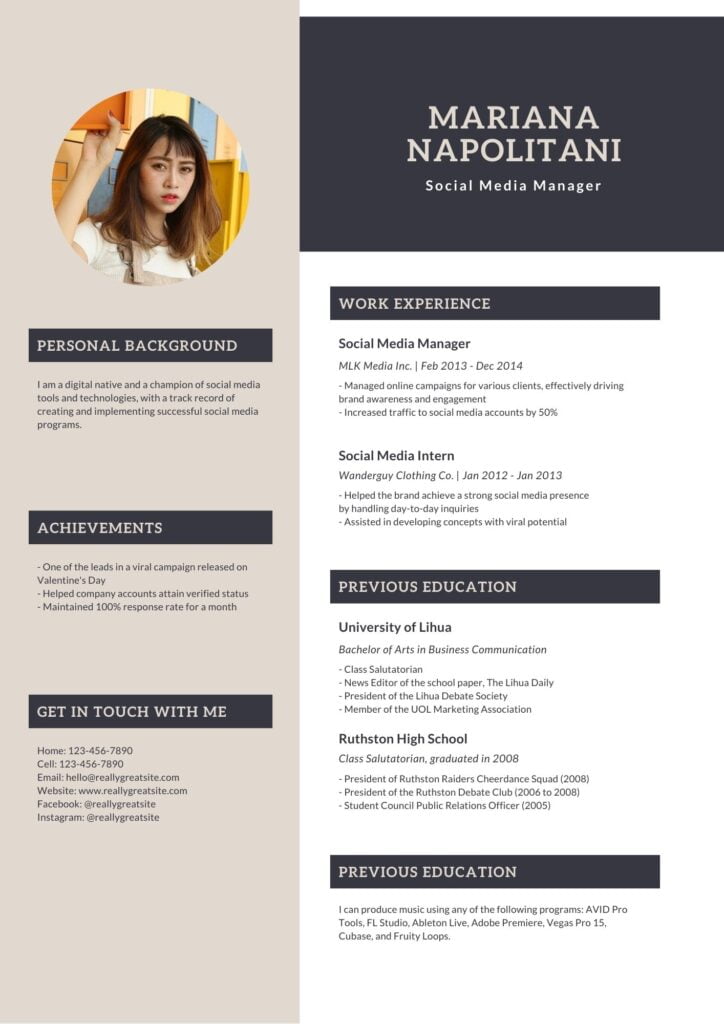
How to write a biodata format for a job?
Writing a professional biodata format isn’t rocket science if you know the steps and process. This guide provides you a step by step instruction on writing a perfect biodata format that can help you find your dream job.
As we have already provided above the important components of a biodata format, it’s time to discuss how to incorporate those components in your biodata format. We’ll also be sharing some sample biodata format pdf and MS word files with you. Stay with us!
Let’s begin with the first thing a recruiter notices on your biodata. Career objective section!
- Career objective for resume/biodata format: the first thing a sees on a resume or a biodata is this section called “career objective” a resume objective is a summary of your skills, experience, and expertise. The career objective section also includes a glimpse of your future goals and plans.

The prime objective of this section is to describe why you are one of the most suitable applicants for the position. The average length of a career objective should not exceed 3 to 5 lines and a maximum of three paragraphs.
“Adept digital marketer, interested in pursuing a Digital marketing manager position at a growing company such as “company name”. Skilled in SEO, SMO, HTML, CSS, and on-page and off-page optimization.
Specialize in improving digital presence and generating more traffic and lead generation for the organization.”
Remember, your biodata summary is your opening statement. As they say, you get just one chance to convince a hiring manager. Your biodata summary statement must include your strongest qualities, achievements, and skills. A skillfully crafted biodata summary statement can be a real game-changer.
- Personal details: by now you would have understood that a biodata is primarily focused on sharing personal details. Name, father name, nationality, age, gender, contact details, passport details, caste, religion, language, zodiac sign, etc.
Also, you should not include sensitive information. Sharing too much personal information on a biodata is not recommended.
A professional biodata format for a job should not include details like caste, religion, zodiac sign, etc. whereas a marriage biodata format might need these information about the boy or girl.
In this article, you will find the latest biodata format, marriage biodata format for girl or boy, simple biodata format, graphic biodata format, biodata format for job application, bio data form, bio data format with experience, and no experience, and a blank biodata form.

- Work experience: Remember, you get hired because you know the trade. Companies are always on the lookout for candidates with relevant industry experience. Employees who understand the process, market, and business are always a better choice than those who don’t.
So, consider this section very important. Do not just list out the companies you have worked with.
You must elaborate on your job roles and responsibilities. Also, you must include your noteworthy achievements and recognitions. Your work experience section shows how well you fit for the role.
Also, the companies are getting tech-savvy, now they have this thing called ATS (Applicant tracking system) in place. The first job of an ATS is to filter irrelevant job applications.
Your biodata must be customized in line with the vacancy you are applying for. Pick a few keywords from the job advertisement. And carefully include those keywords in your work experience section.
Do that, and you find yourself on top of the short listed applicants.
If you do not have a keyword rich resume or biodata, my friend you do not stand a chance.
If you need more information on what a keyword rich biodata or ATS is, you can always talk to our resume writers. They’ll help you understand the importance of a professionally written resume.
Also, you can check out our resume writing services for more information.
- Educational information: you have invested money and years in earning those degrees and certifications, you must show off.
Your educational information section must include all the relevant details. Also, do not forget to mention your achievements and awards earned during your academic years.
If you have a project that shows your leadership skill, team skills, organizational skills, mention that!
If you are a fresher, you might not have enough things to mention in the work experience section. These achievements and projects in the educational section can help you stand out from the crowd.


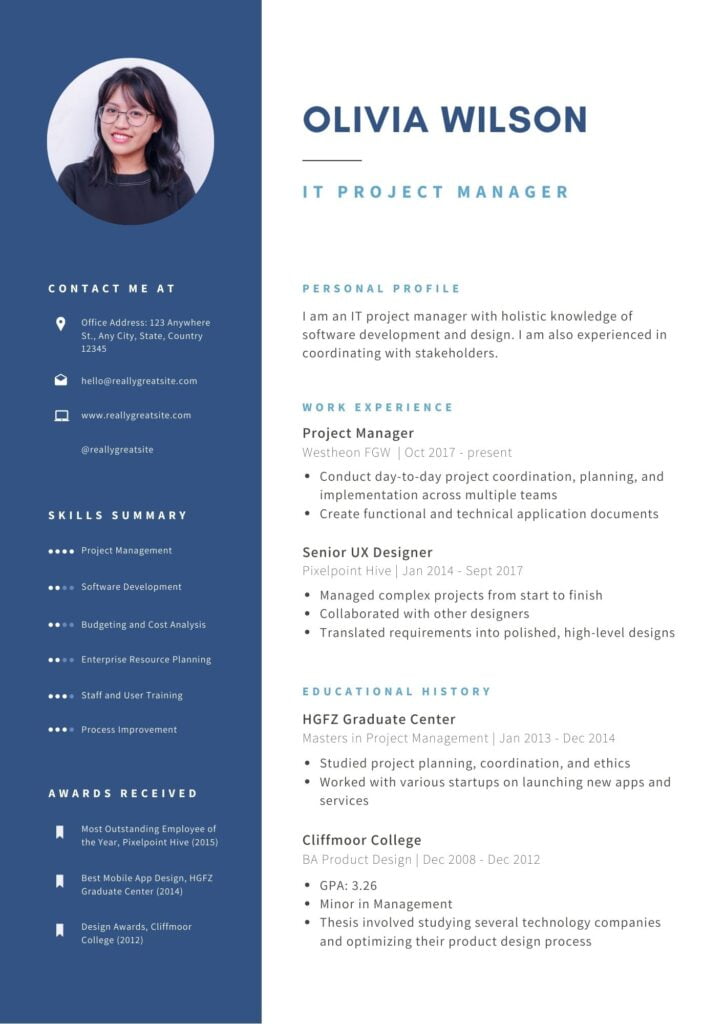
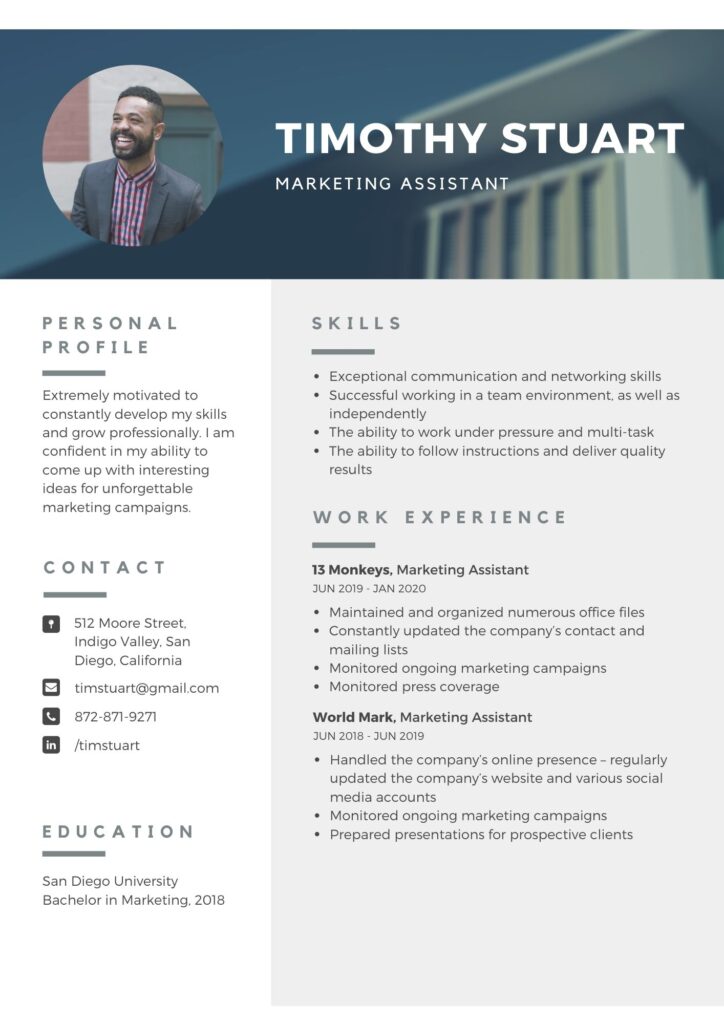
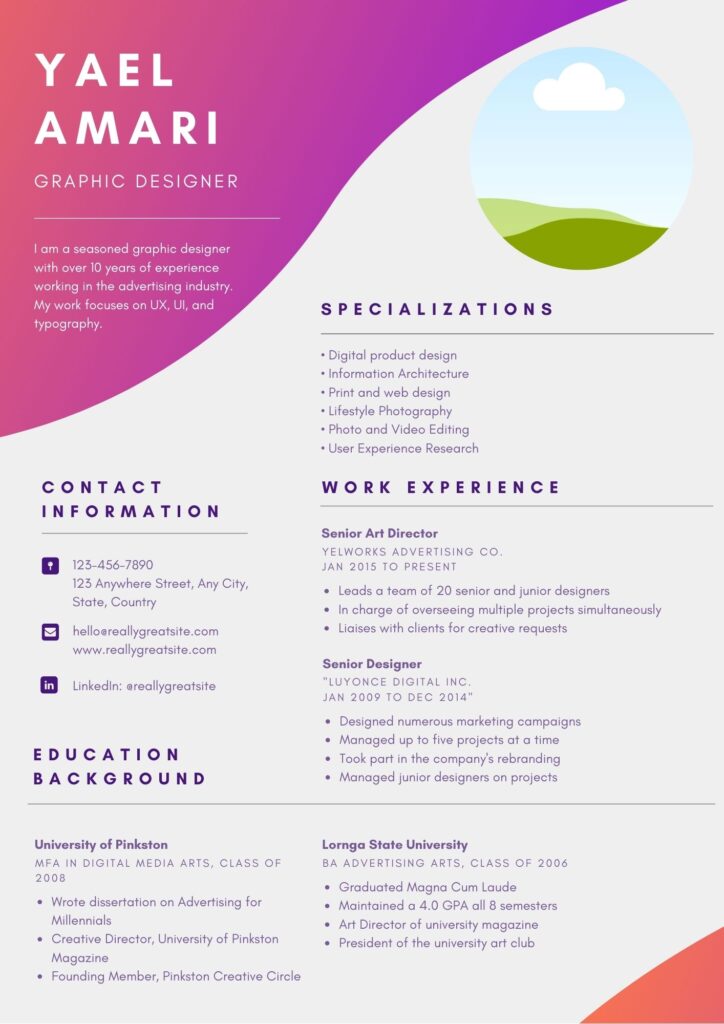
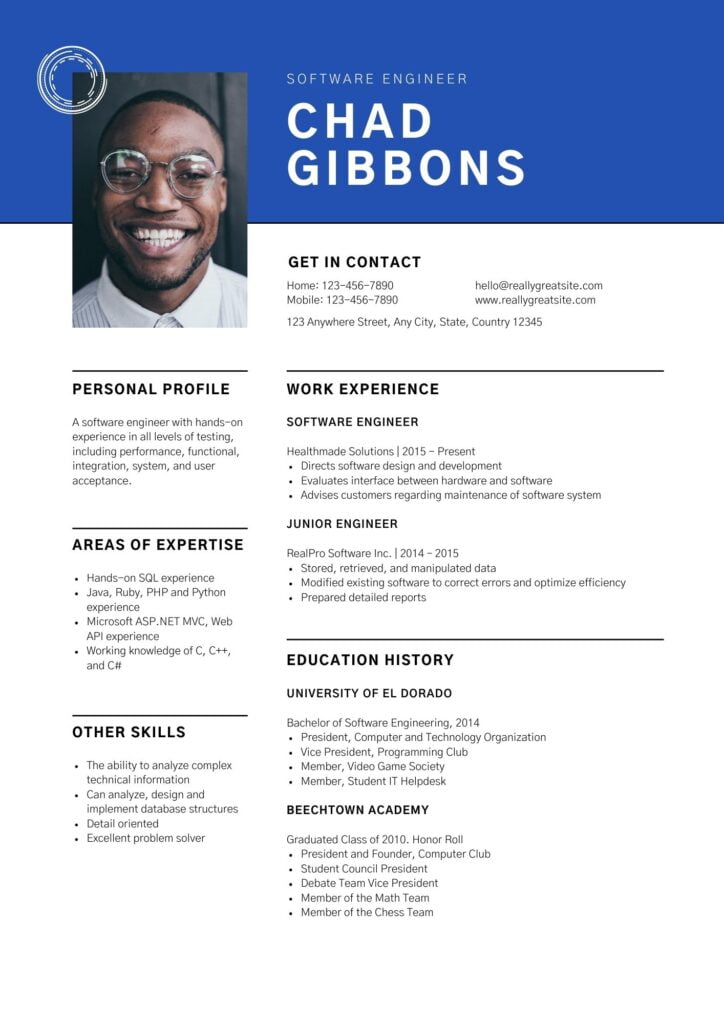
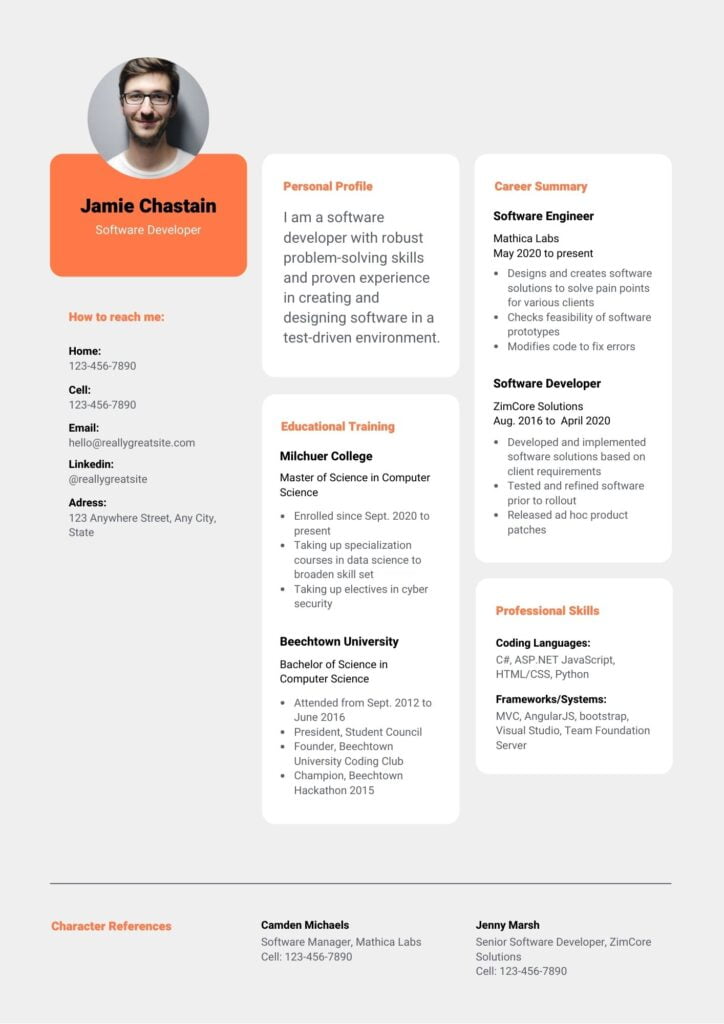
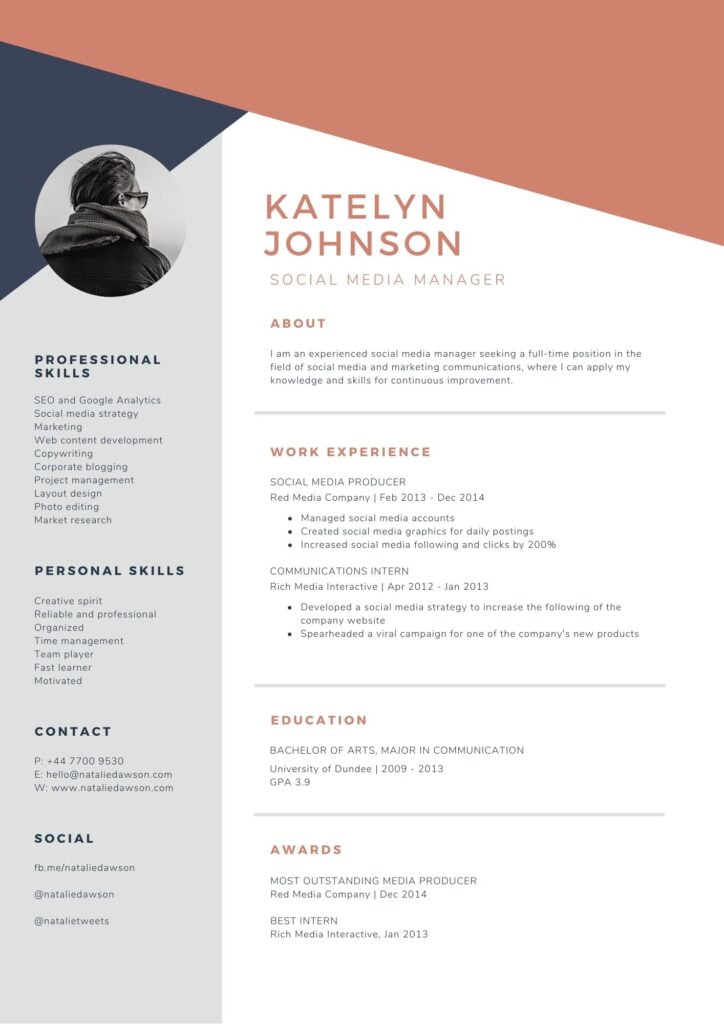


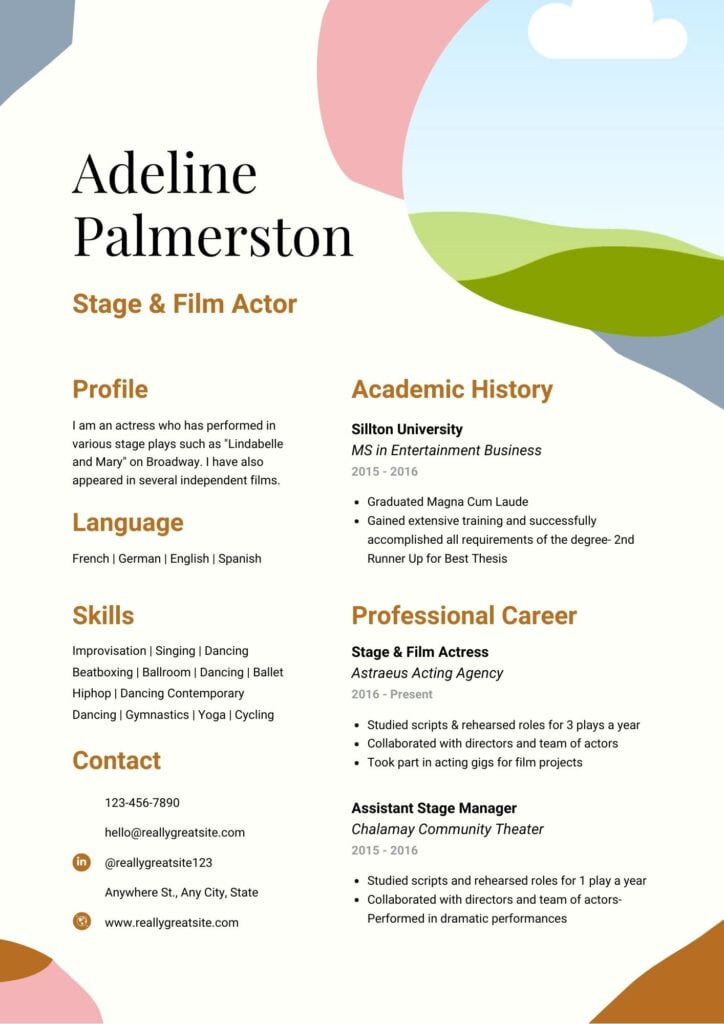
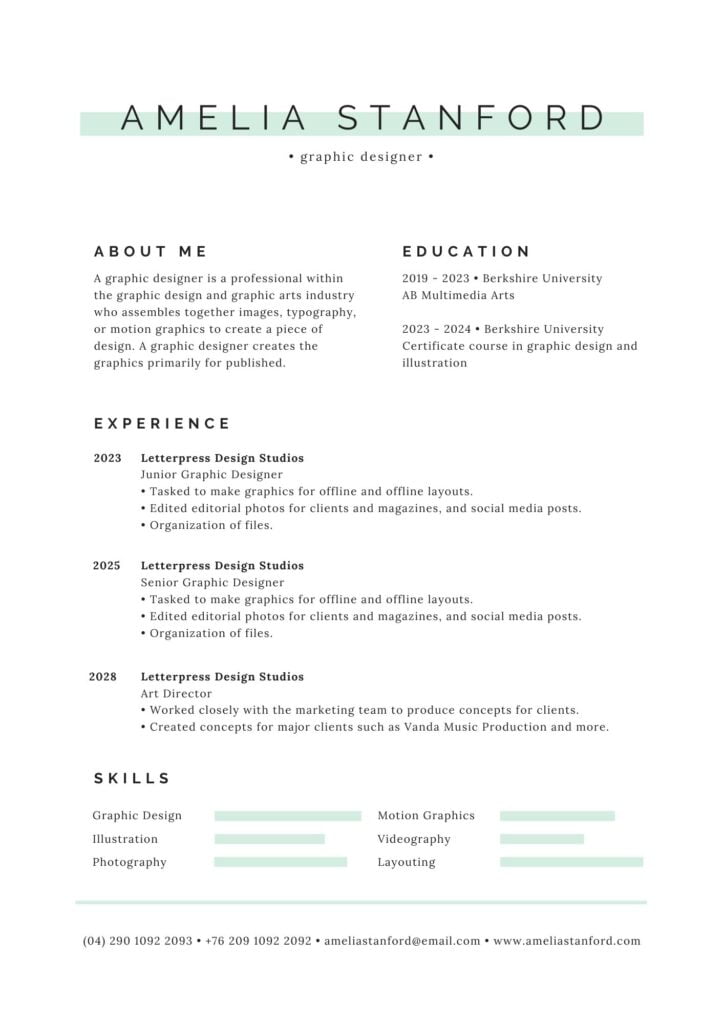
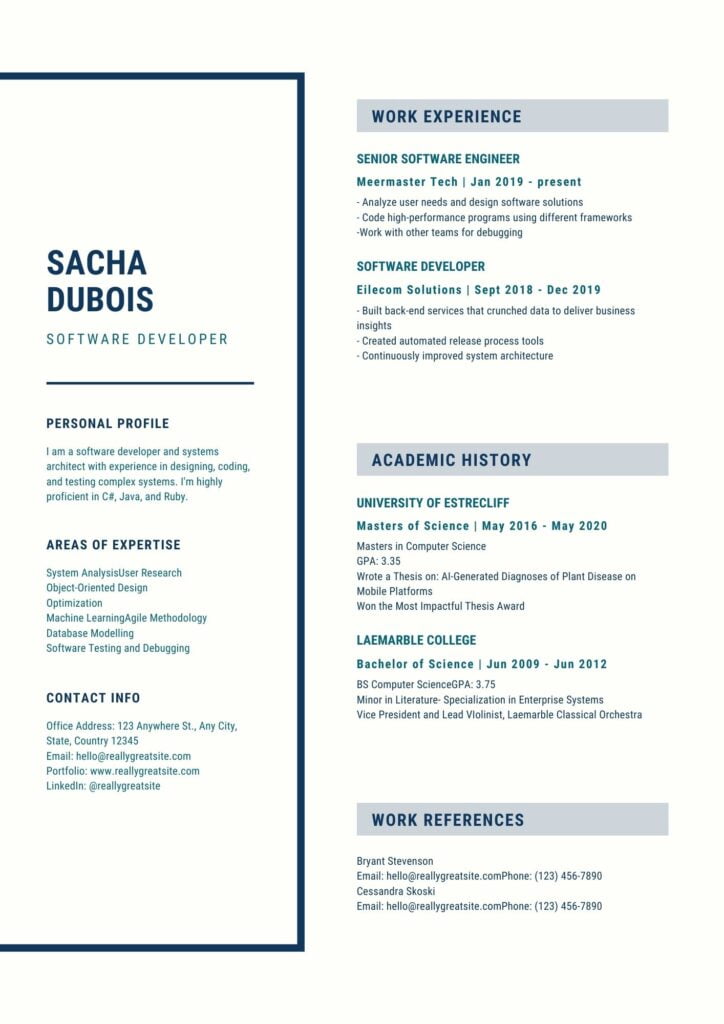
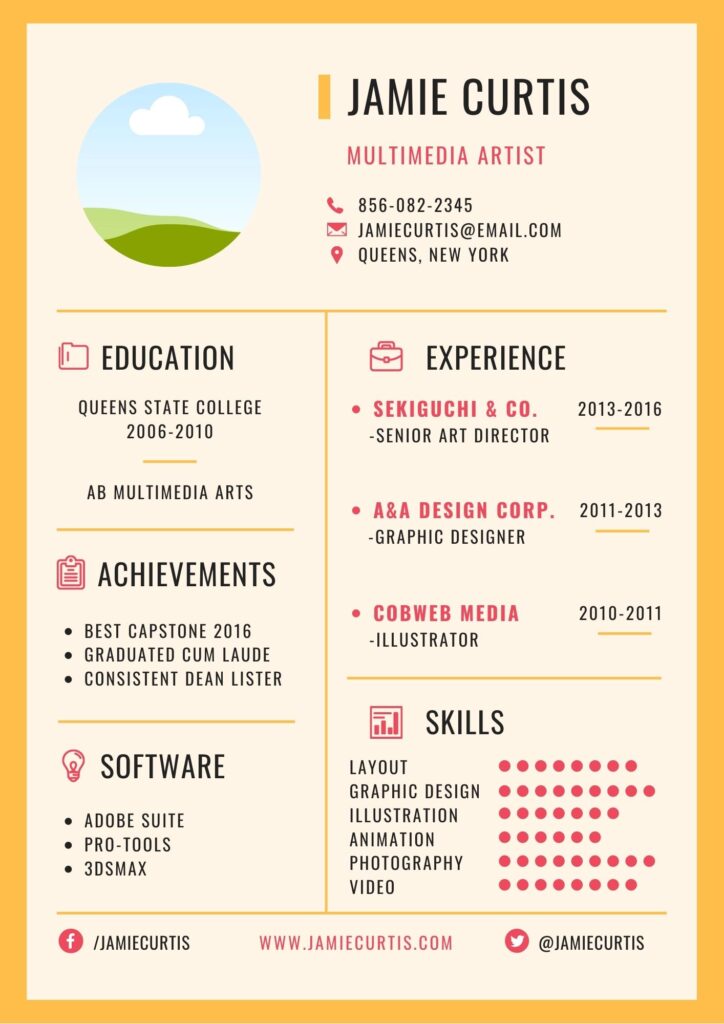
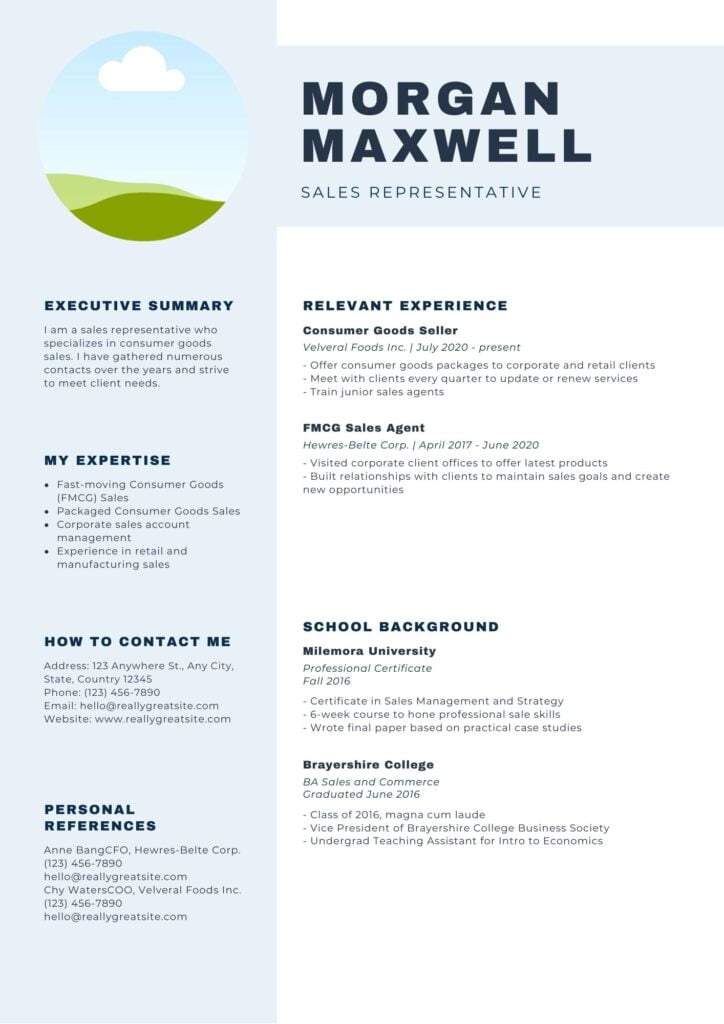
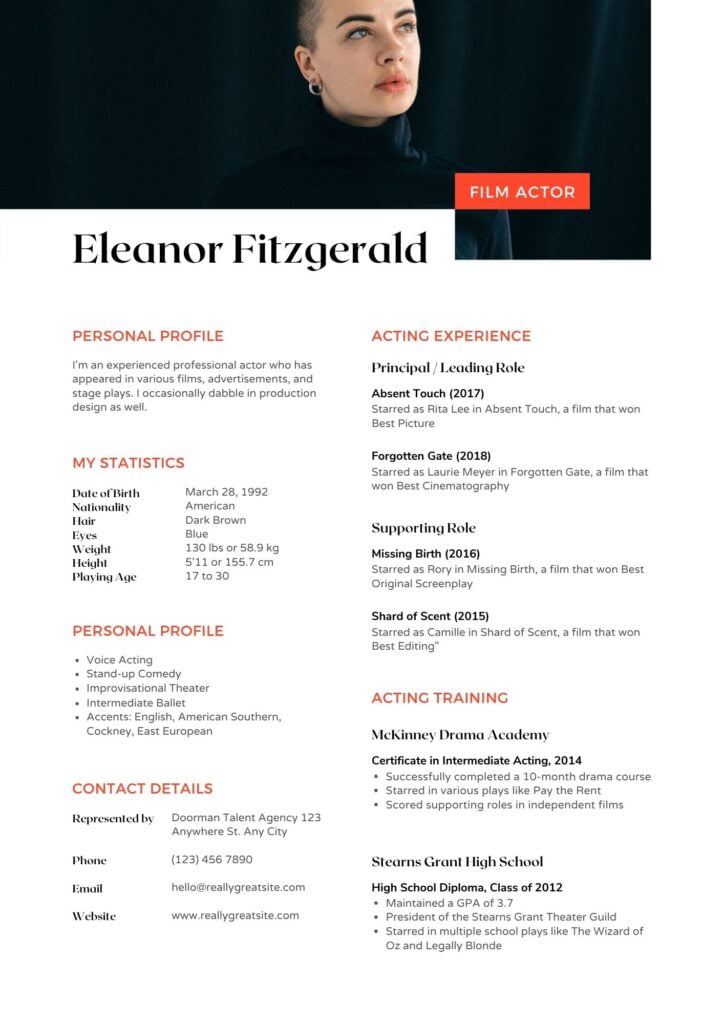


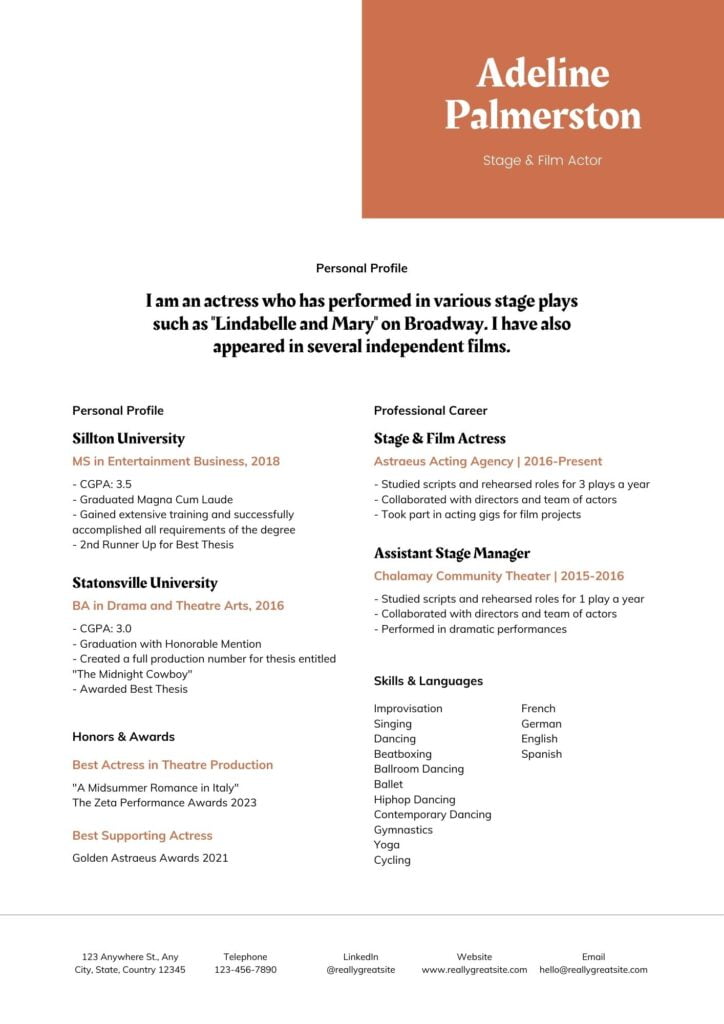
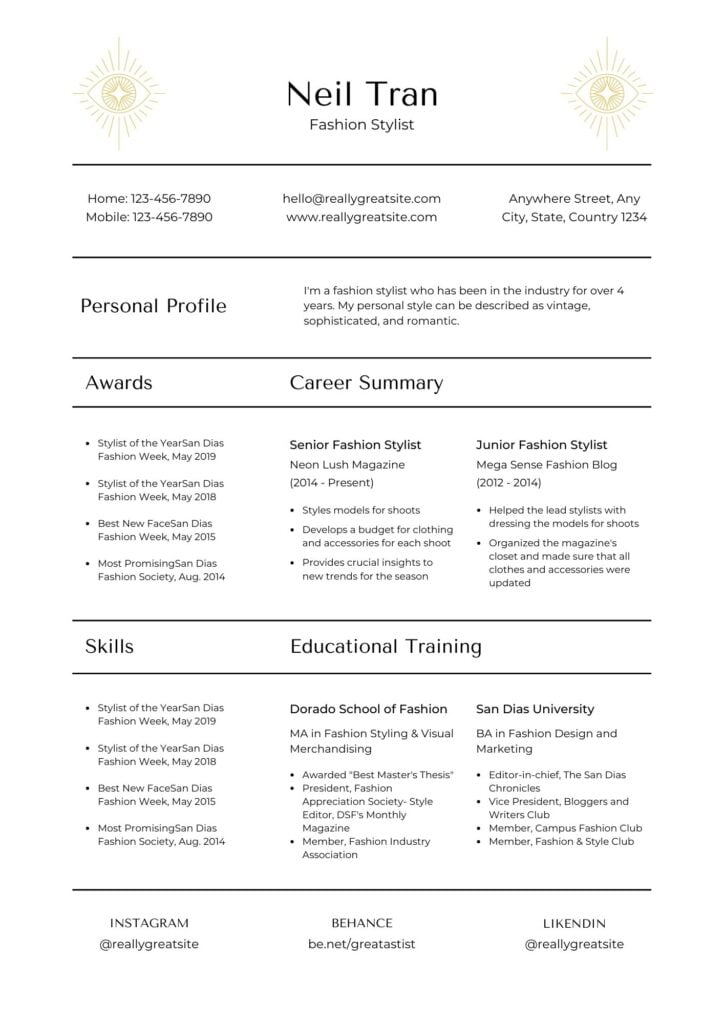
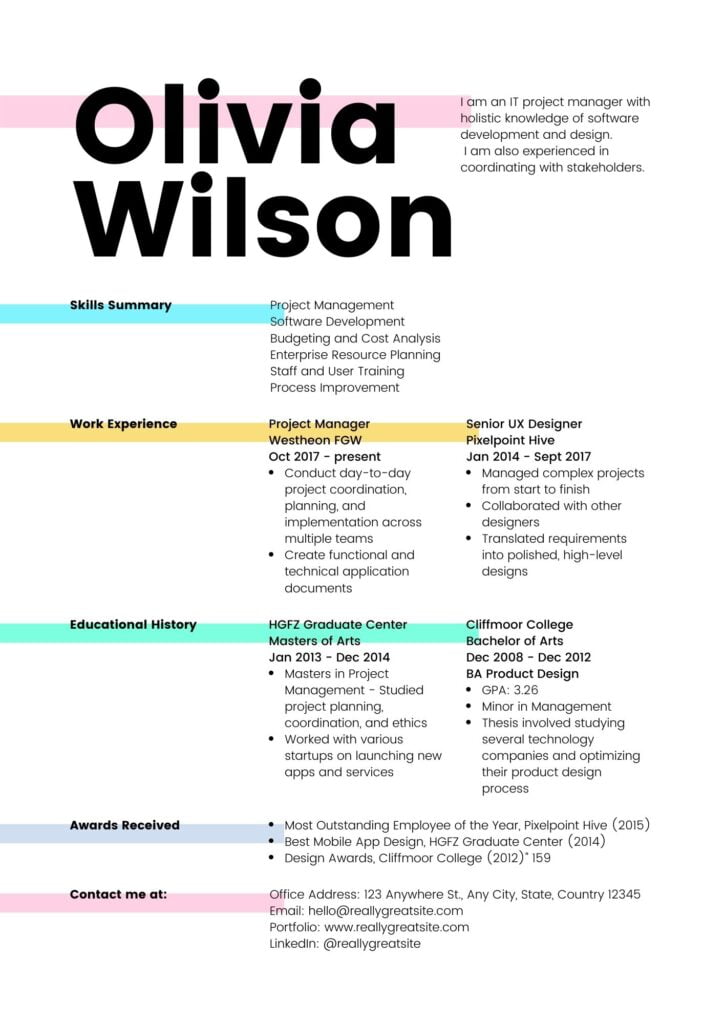
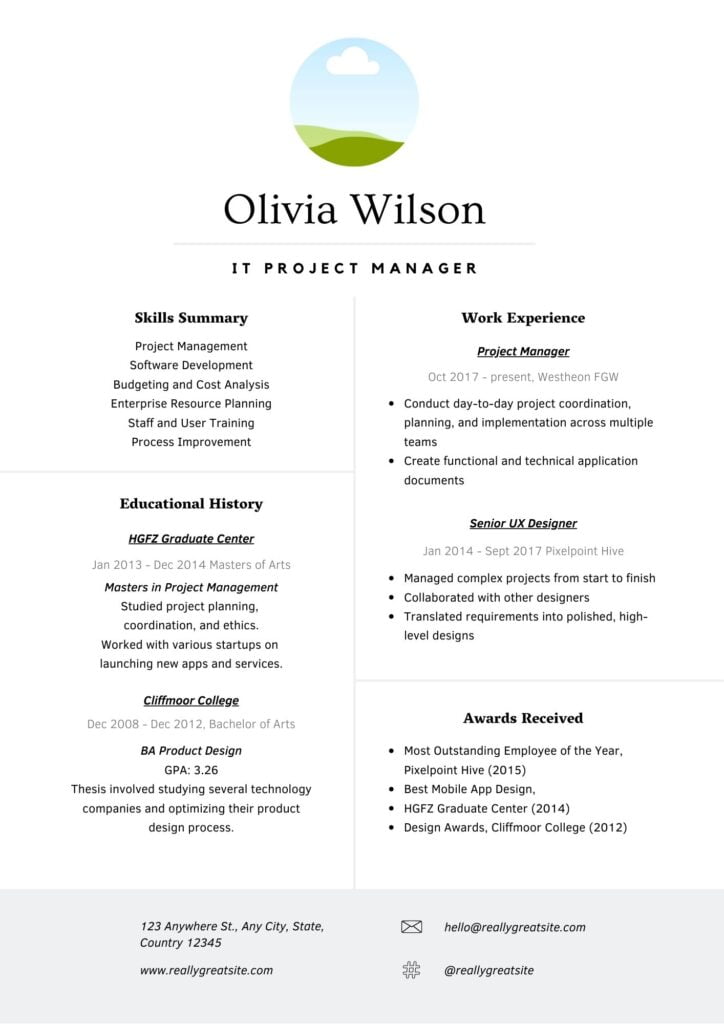
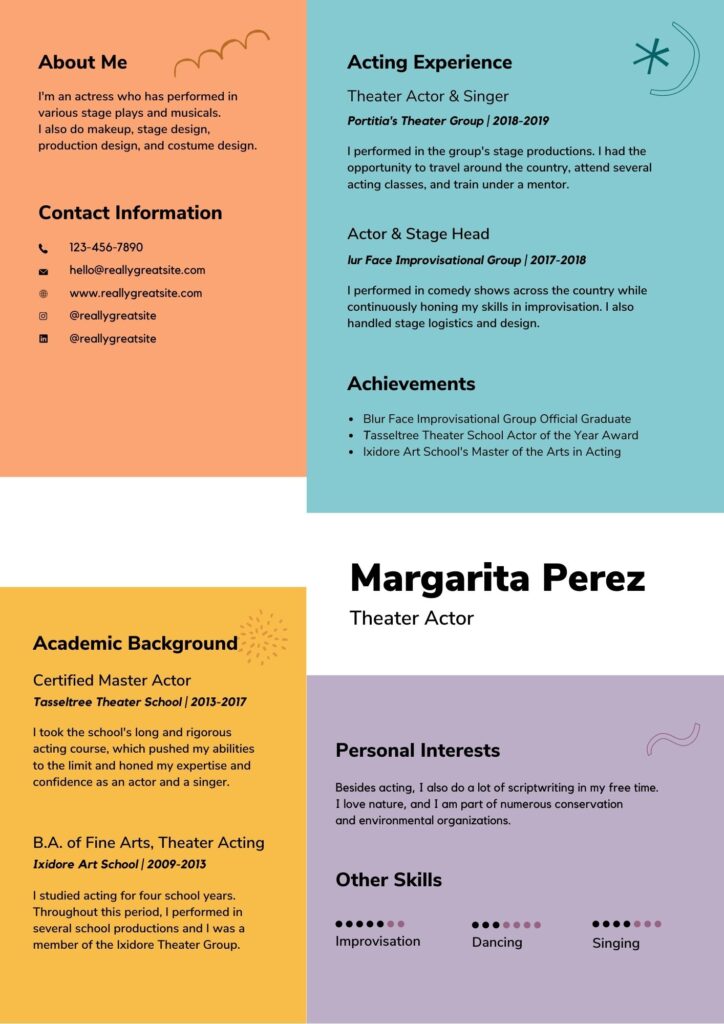
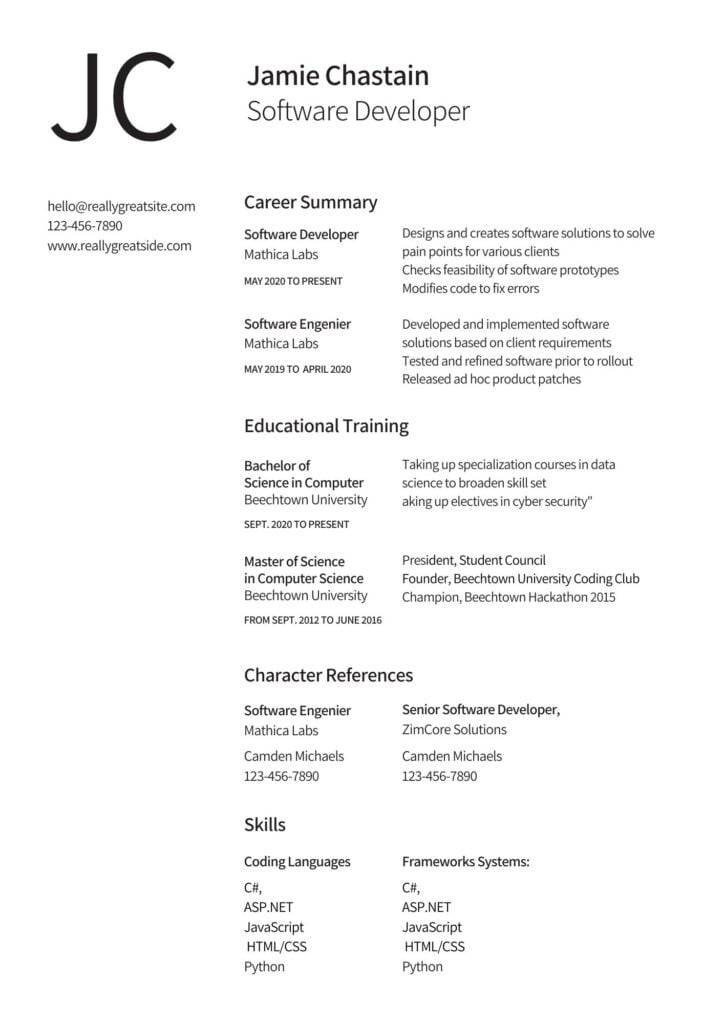
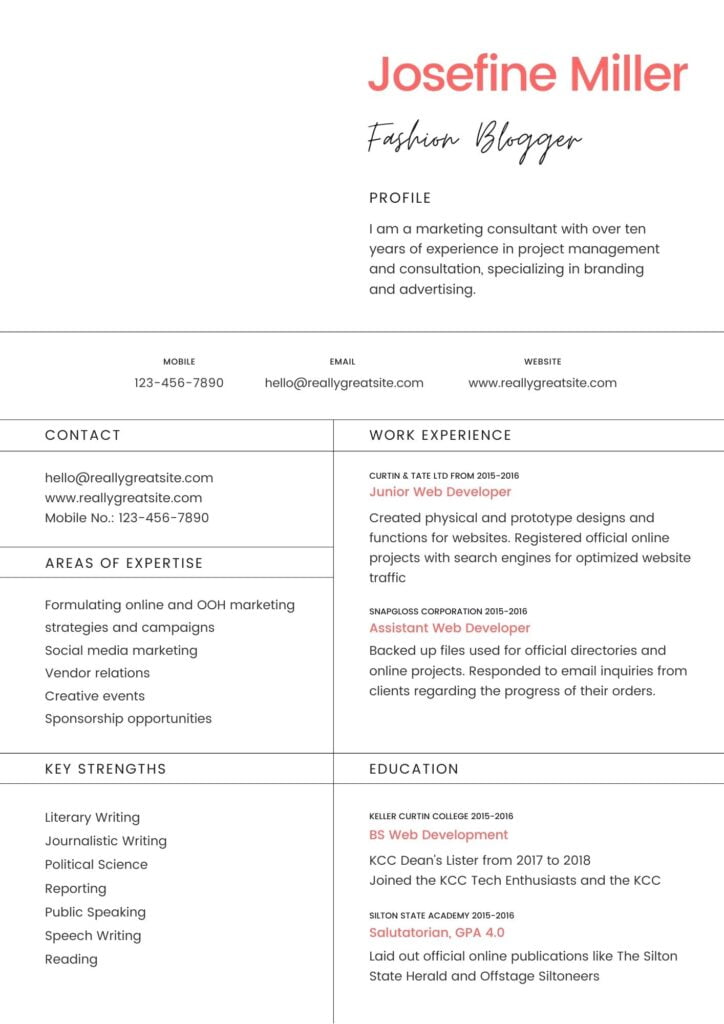

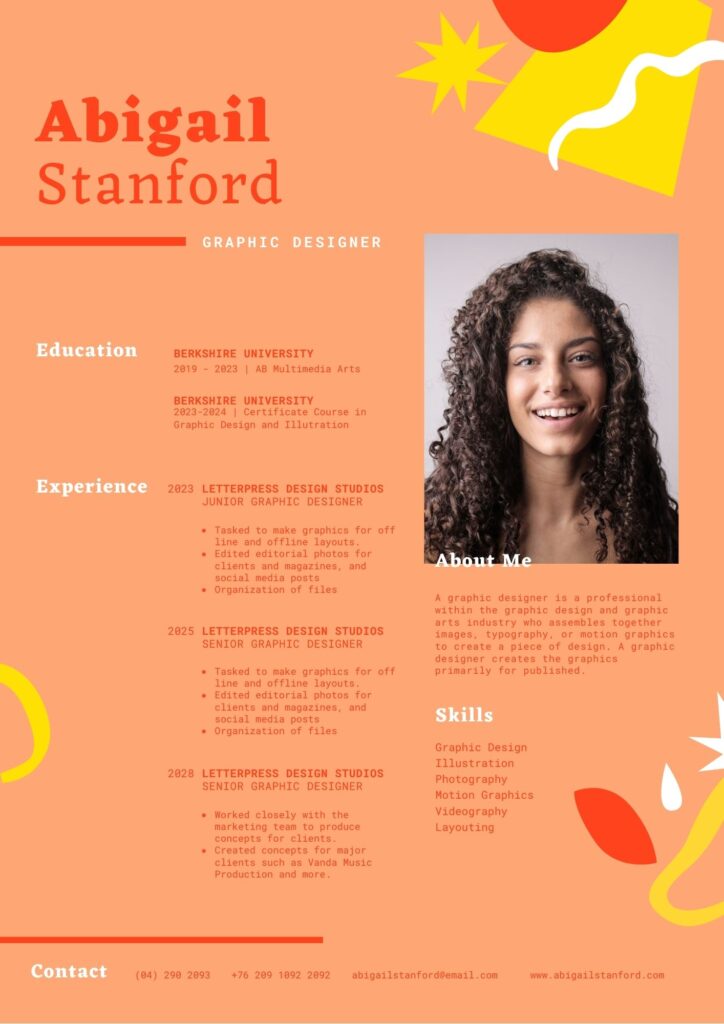
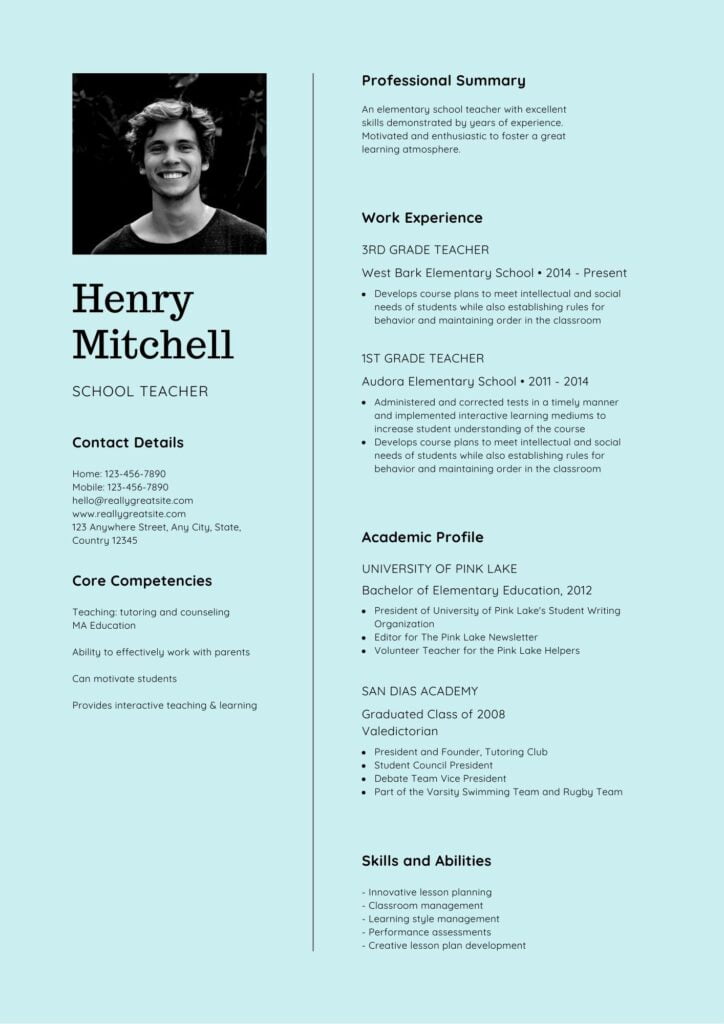
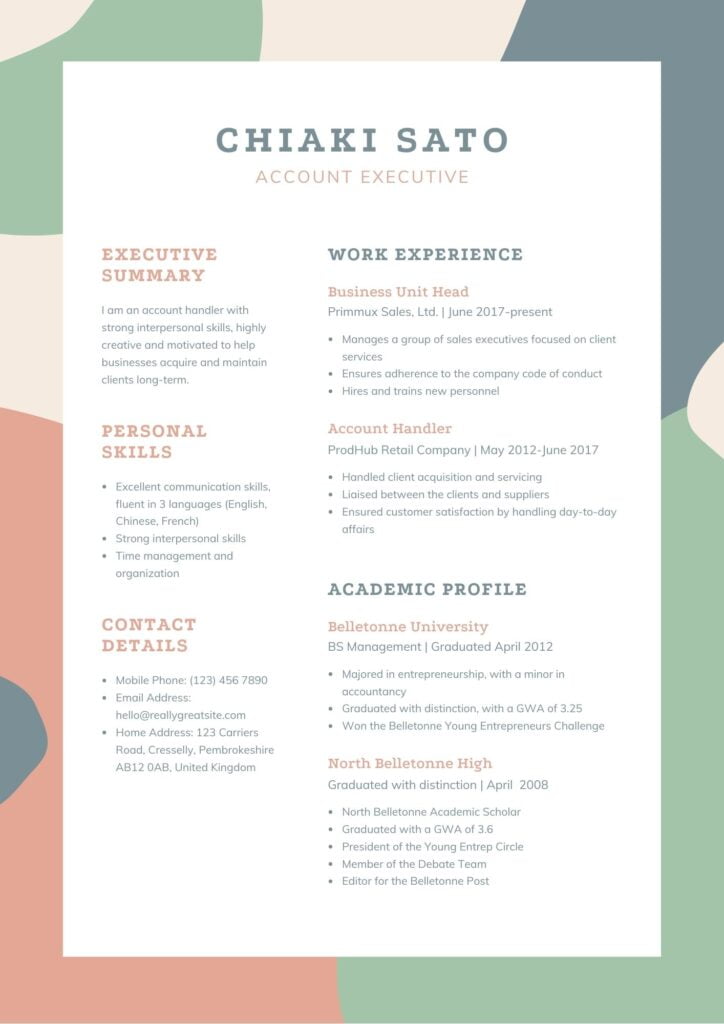

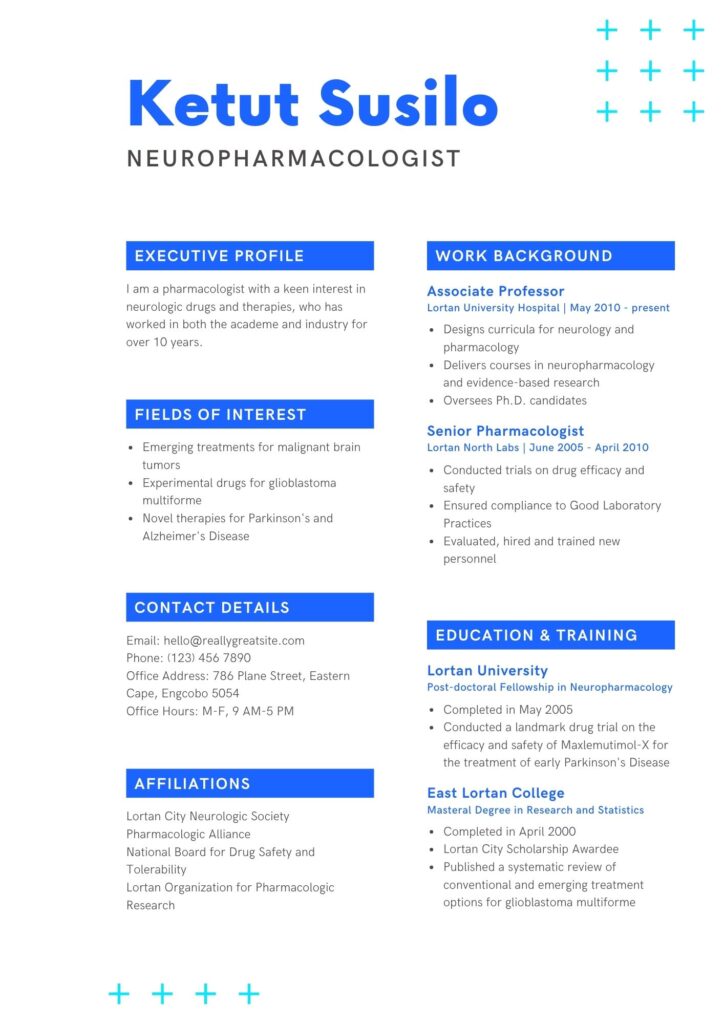
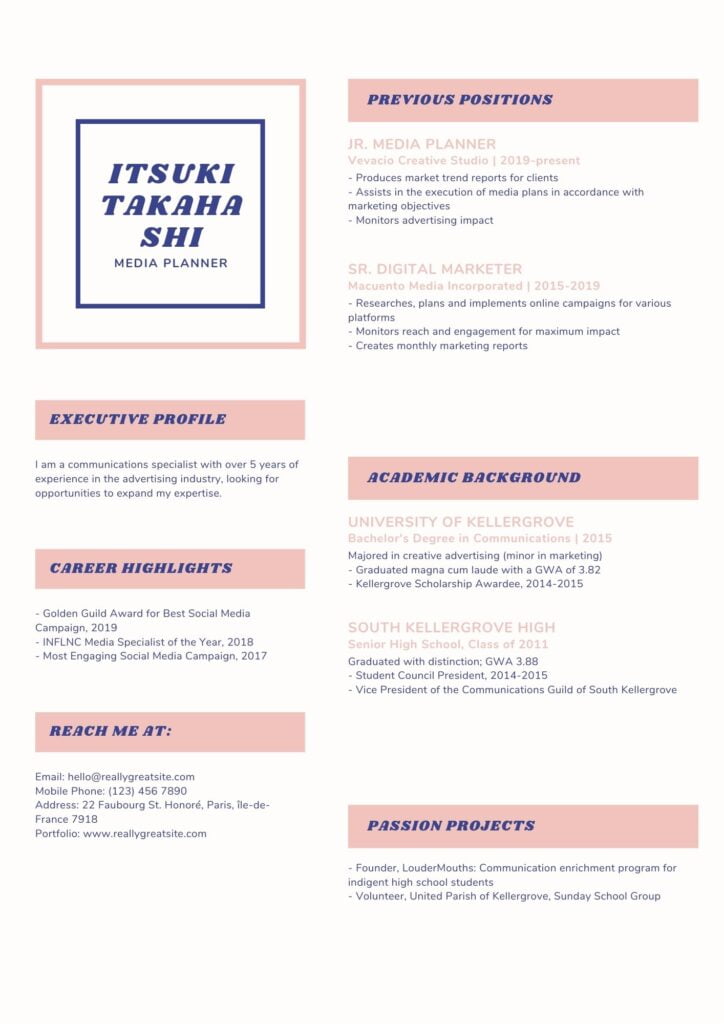

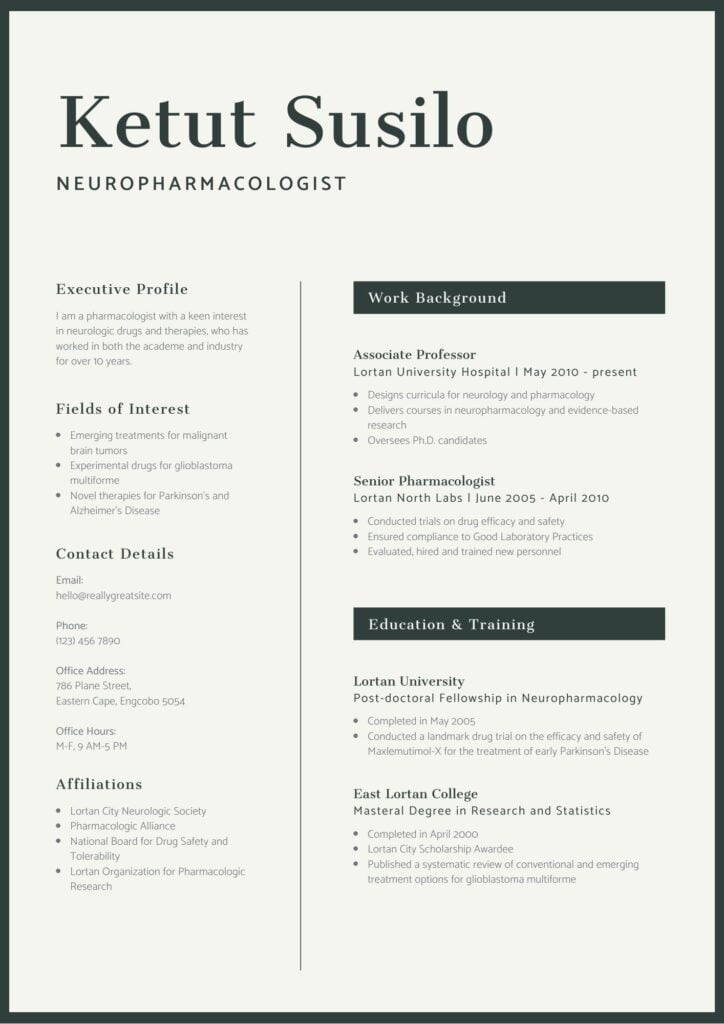


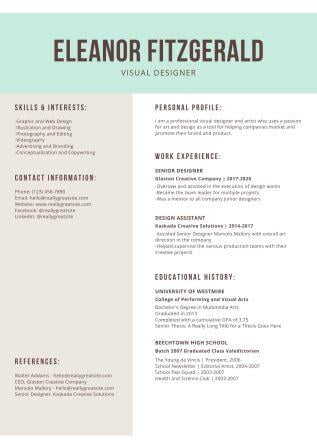
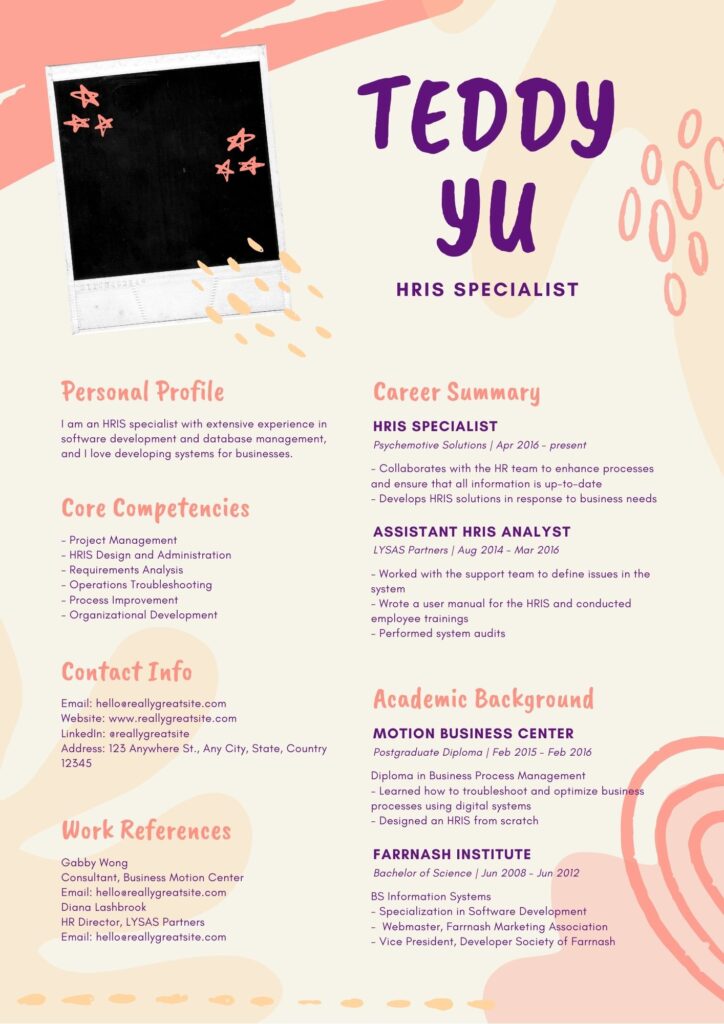

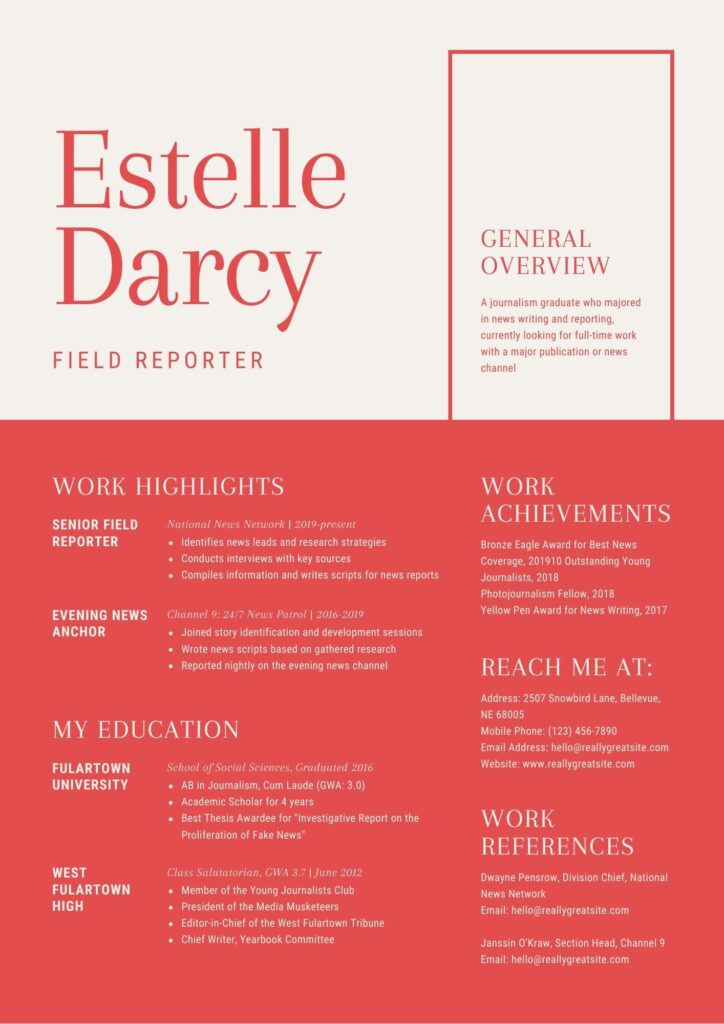

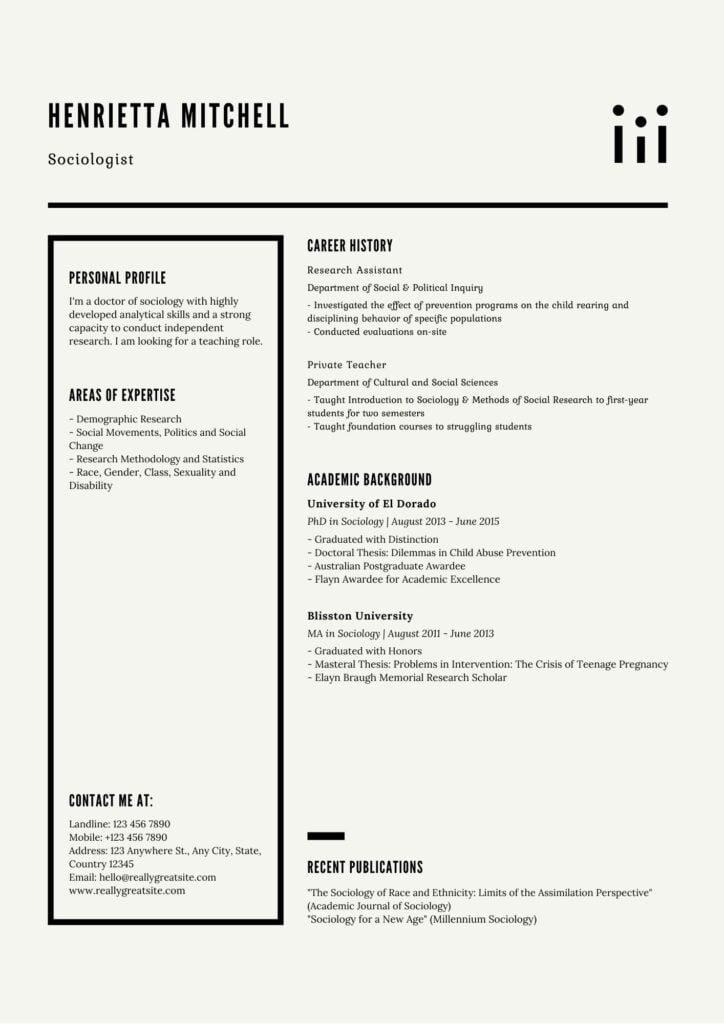
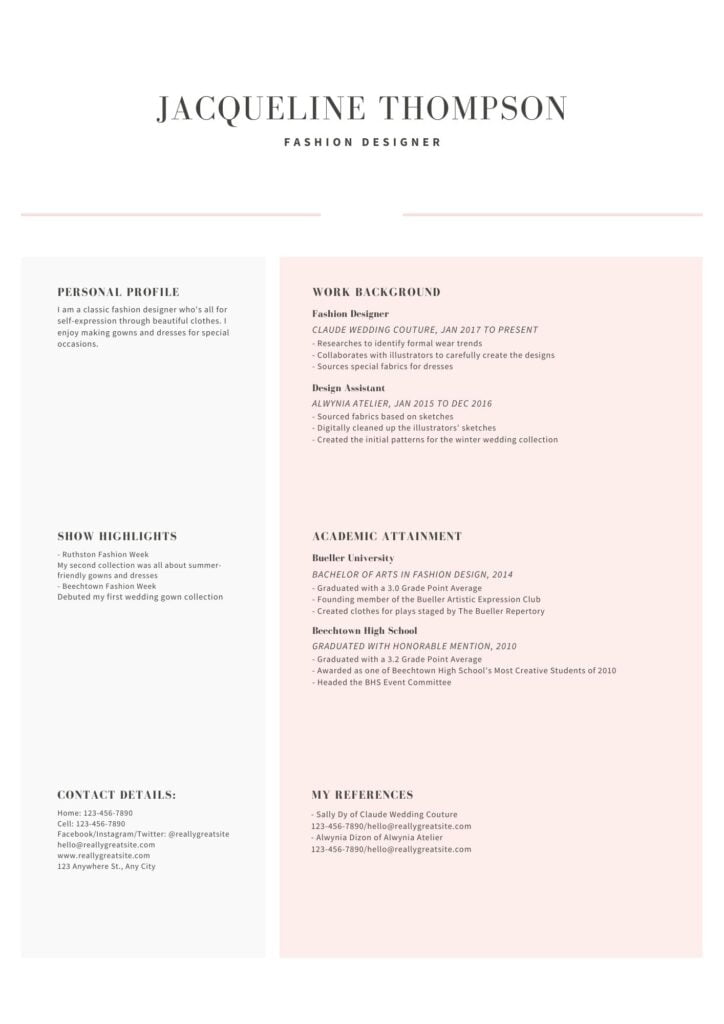
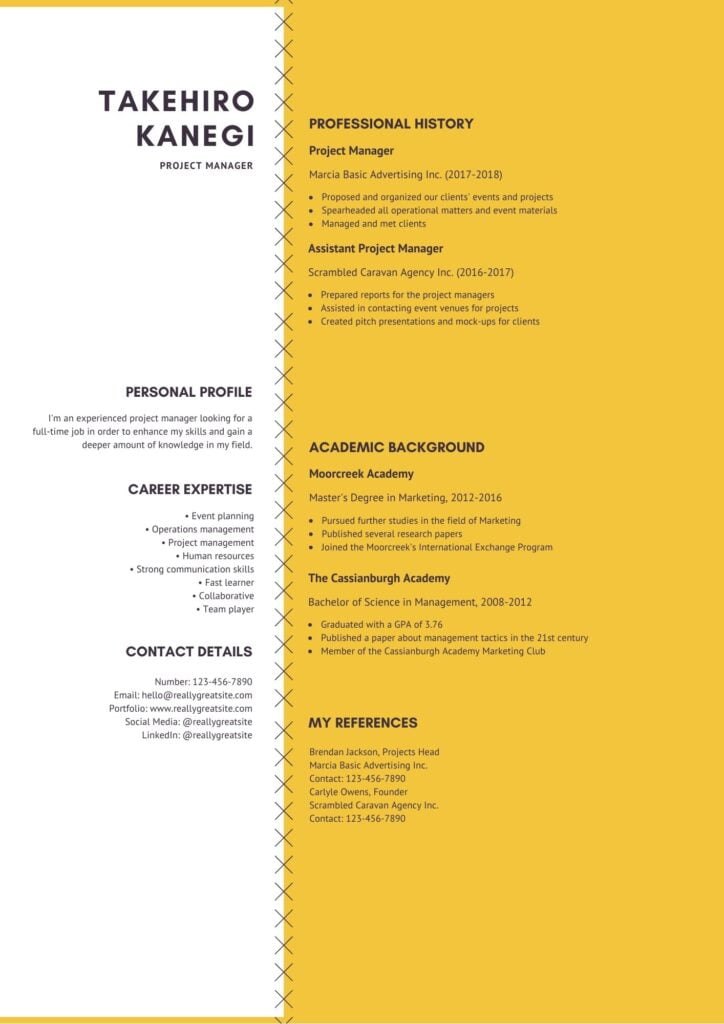
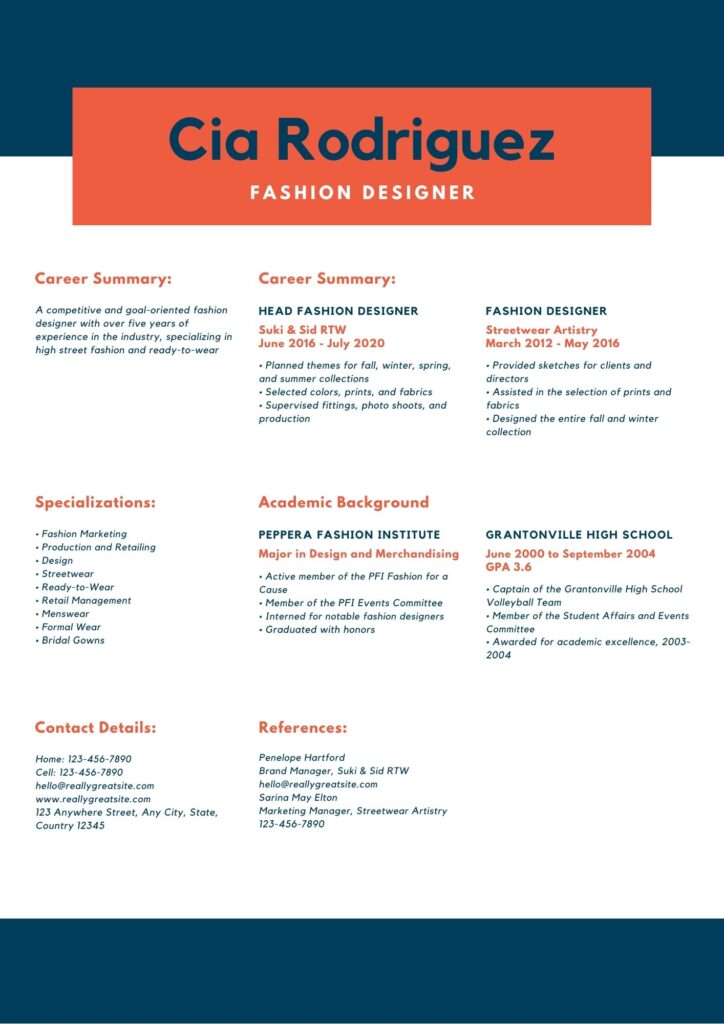
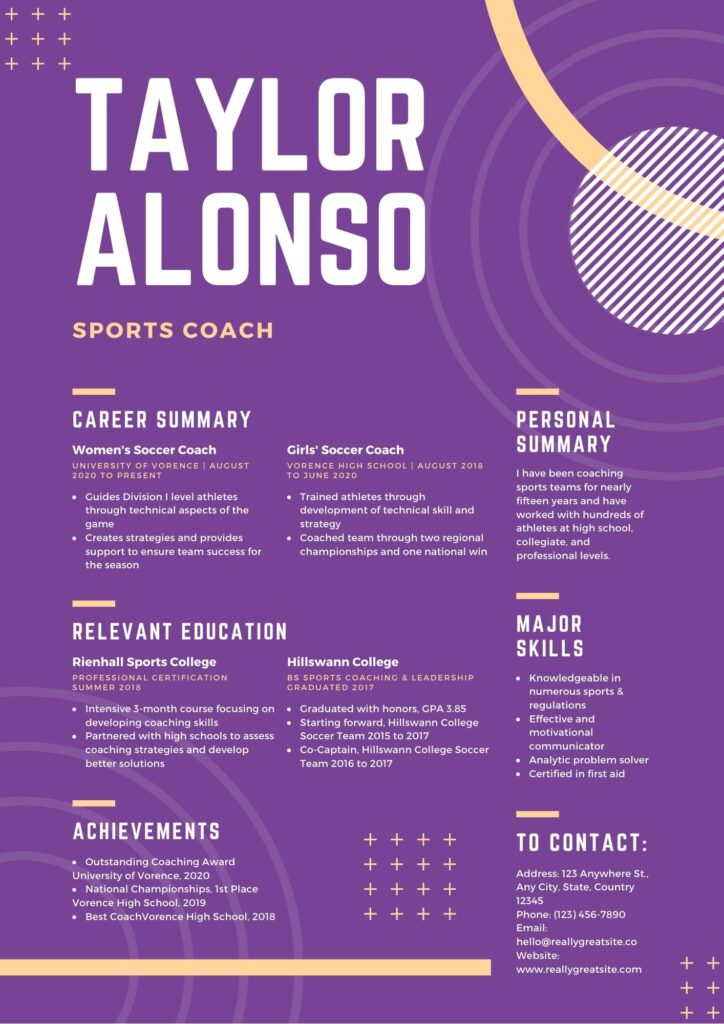
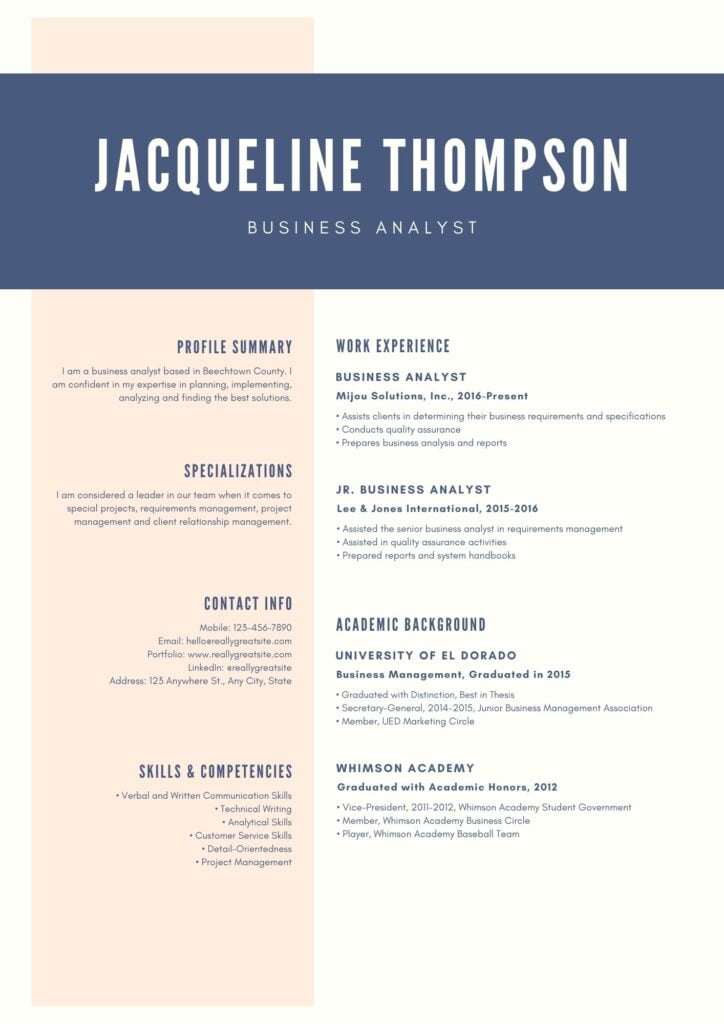
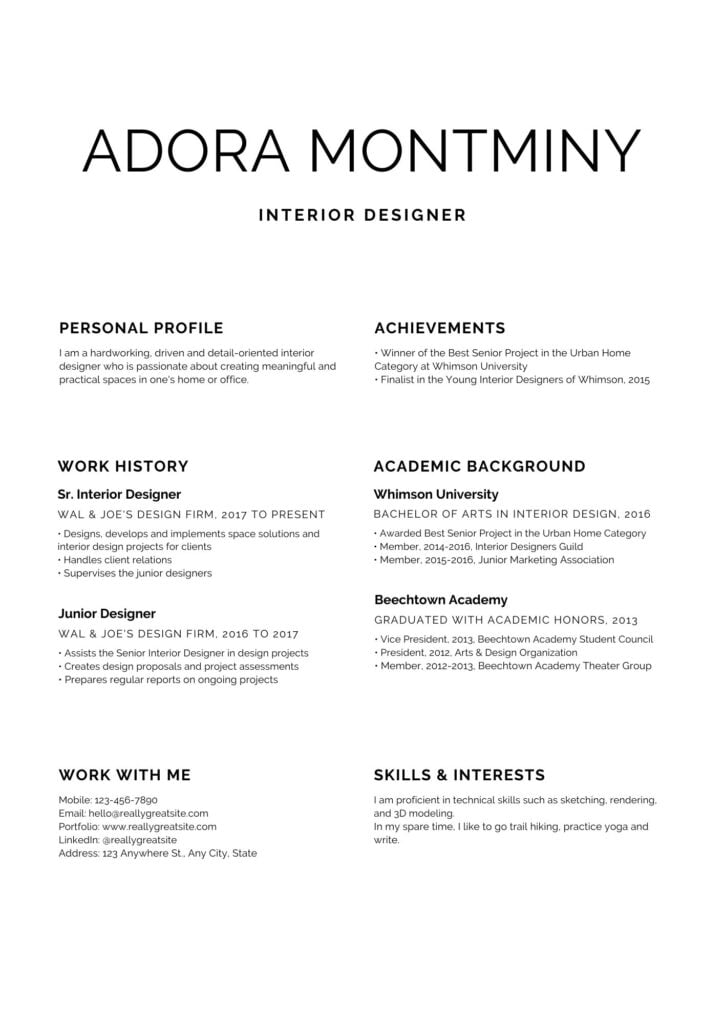

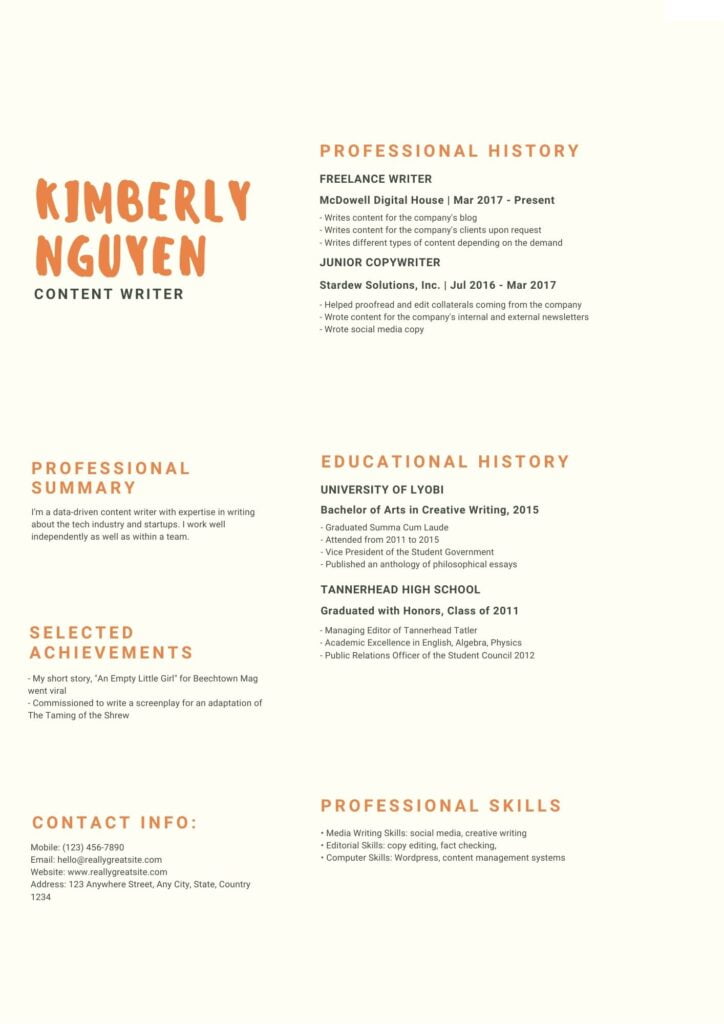
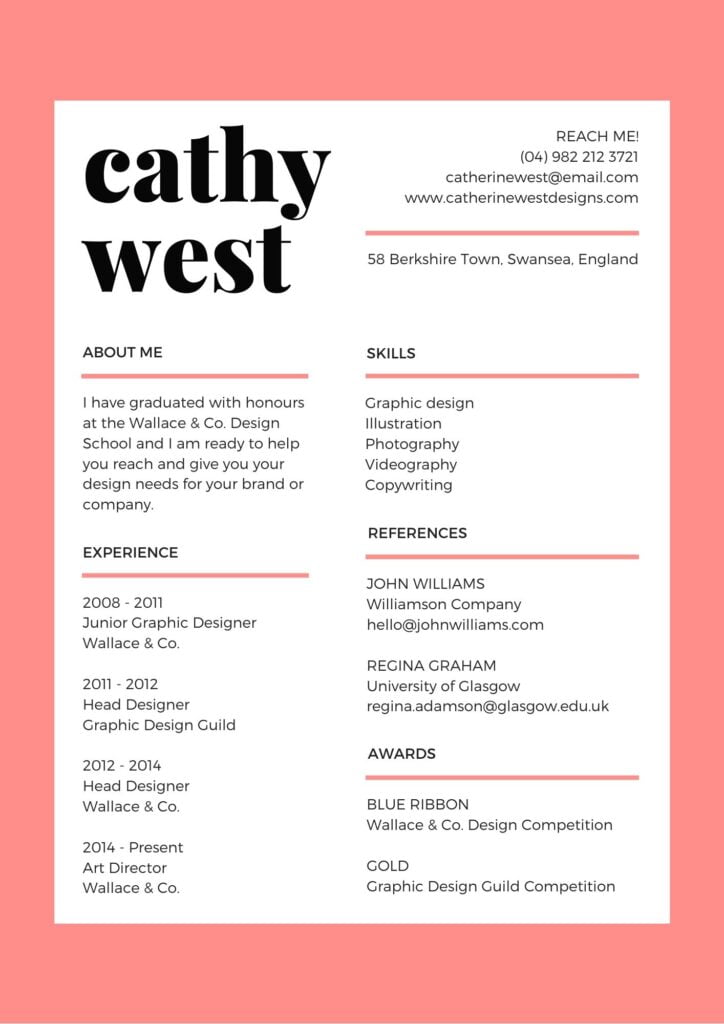
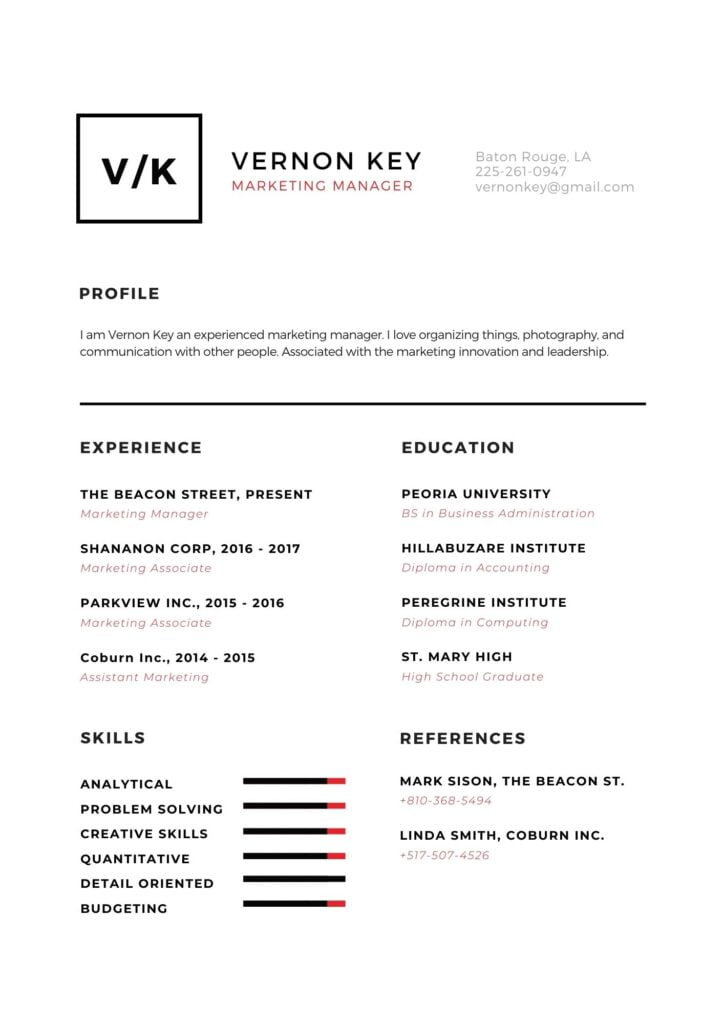
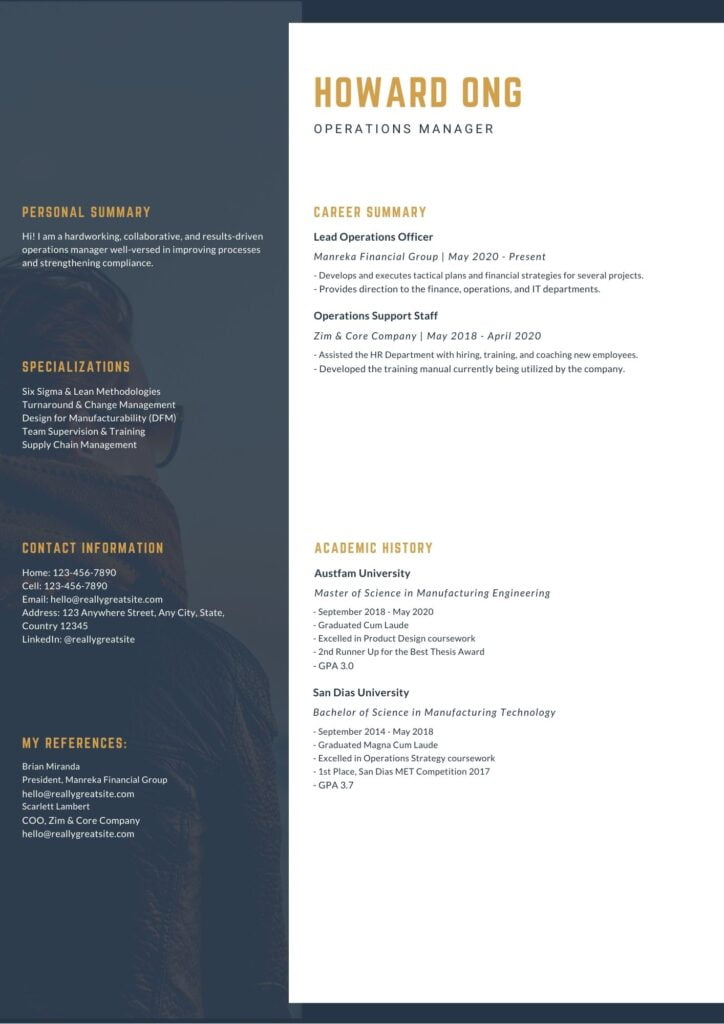
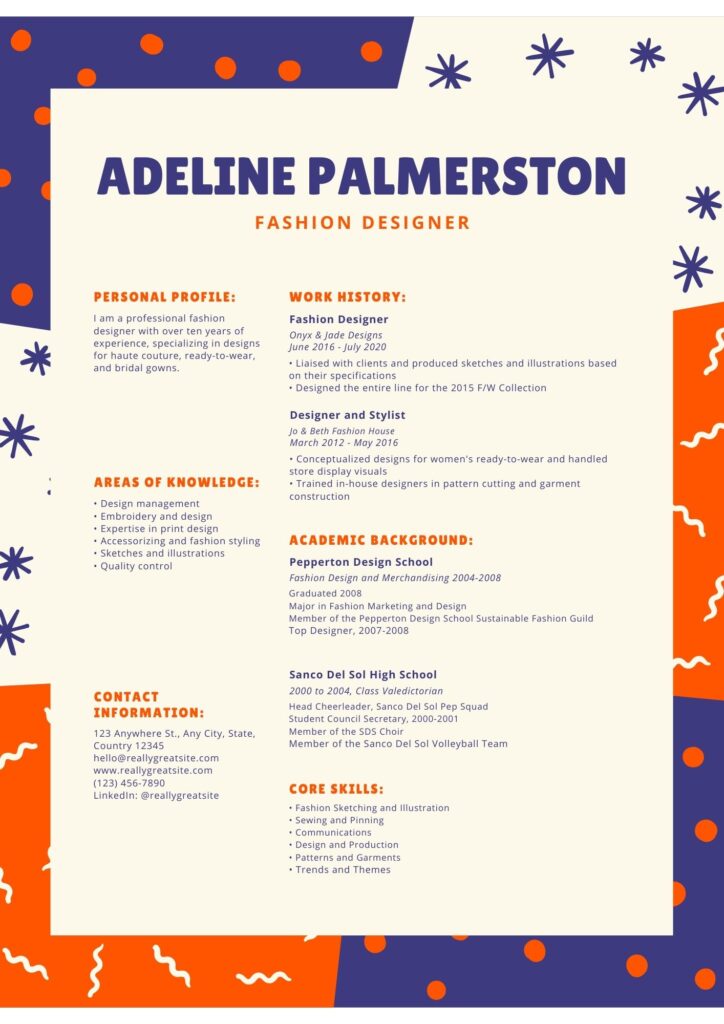
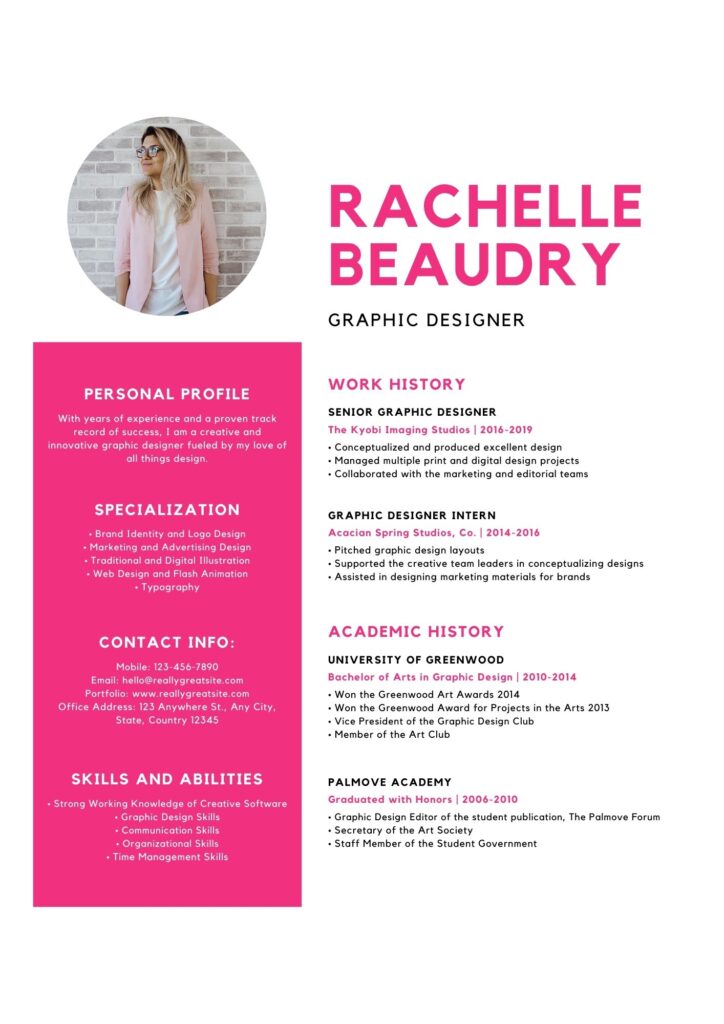
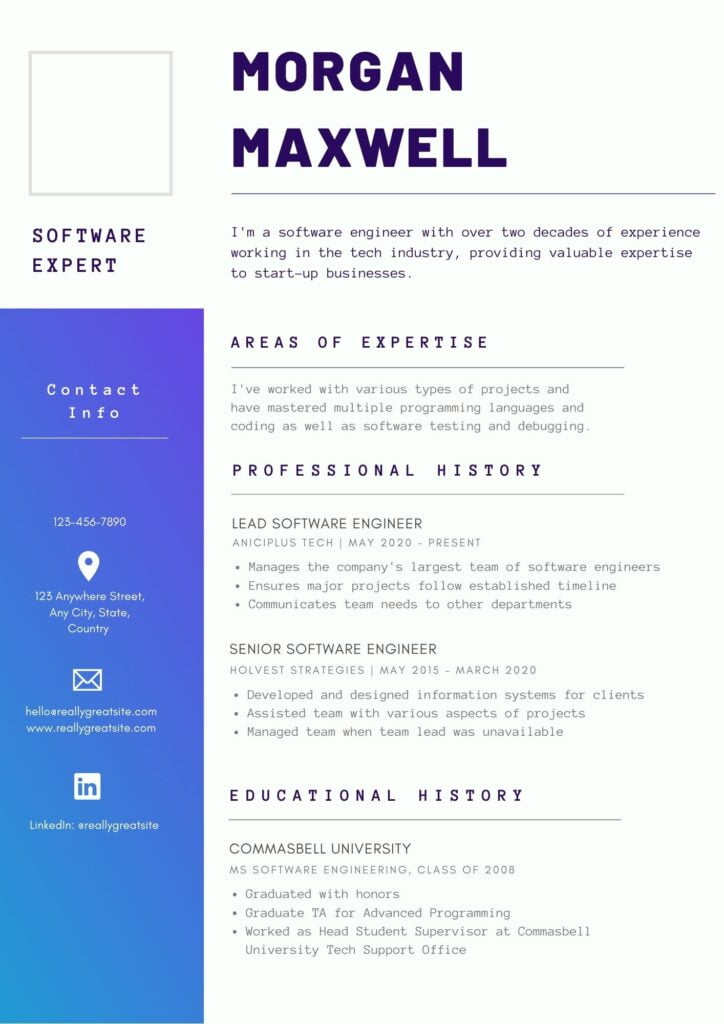
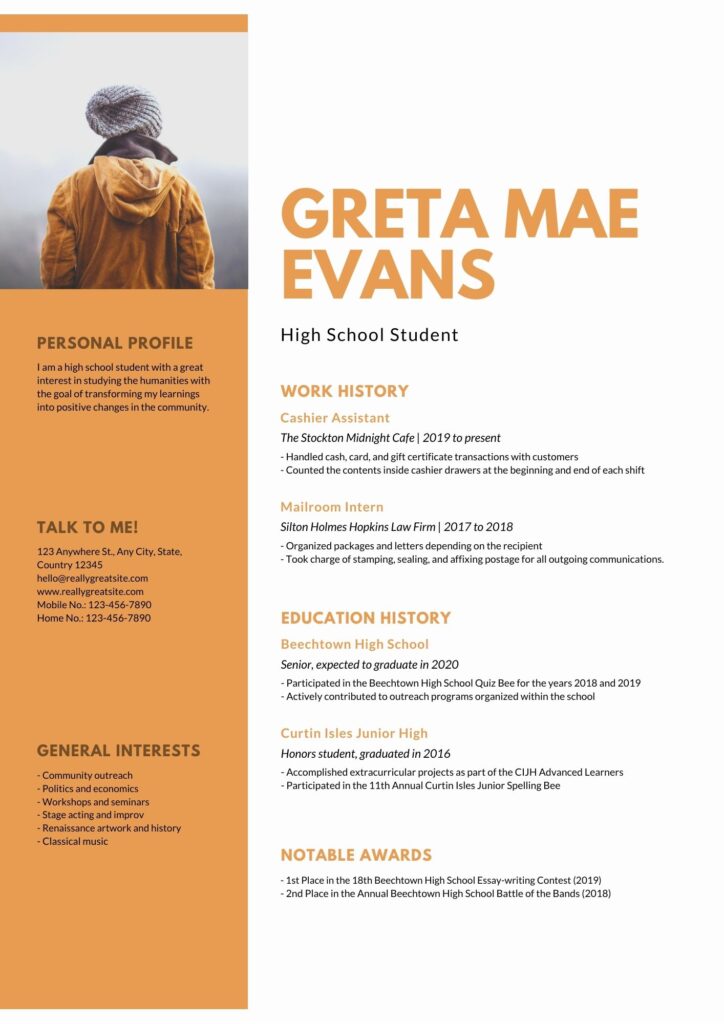
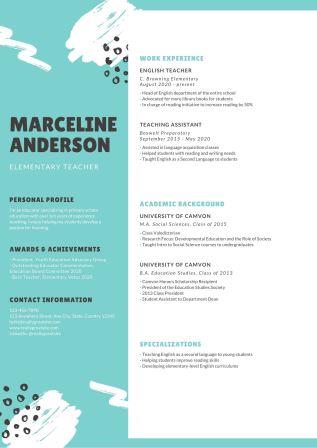


Pingback: Download Latest Biodata Format For Job | MS Word Format | WP Content Pilot